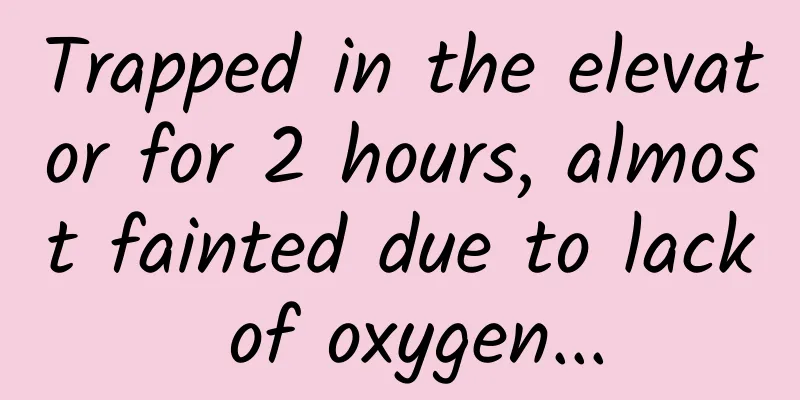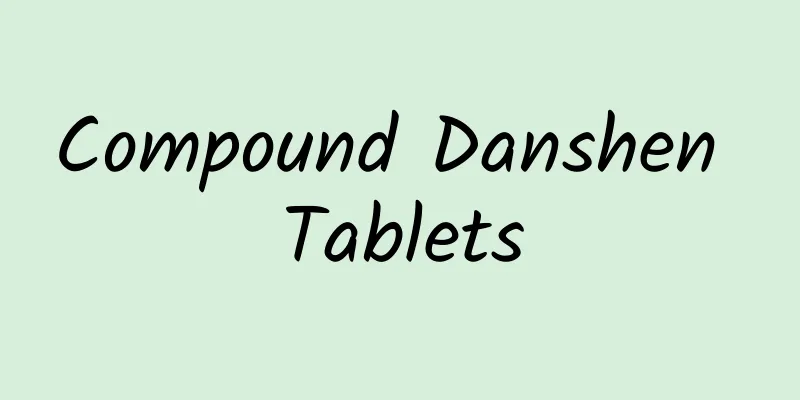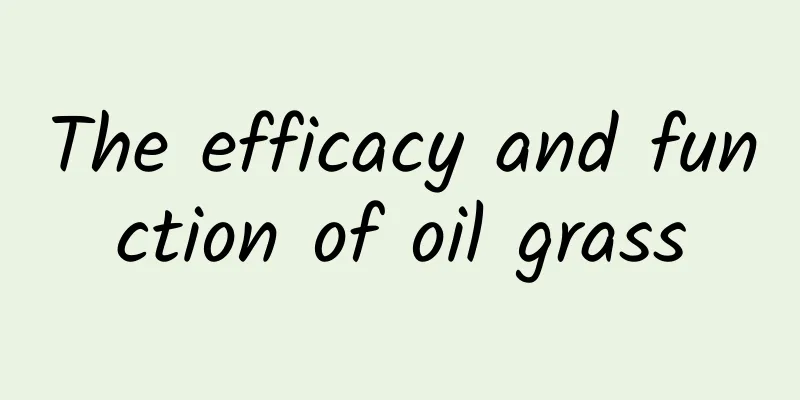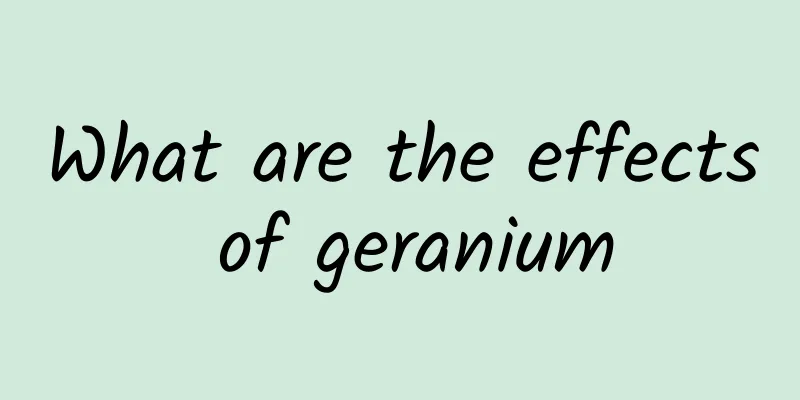What can I eat to replenish my blood?

|
In our lives, we should eat some foods that replenish qi and blood appropriately. These foods can enhance our body's resistance and improve the function of the spleen and stomach. The foods that replenish qi and blood mainly include longan, beef, donkey-hide gelatin and red dates. Female friends should eat more foods that replenish qi and blood during menstruation, which can relieve menstrual symptoms and promote body recovery. For foods that replenish qi and blood, you can choose the following types according to your needs. What is the best food to replenish qi and blood? 1. Longan Longan has a good effect of replenishing qi and blood, and is a good food that can replenish the body's yang and essence. If female friends usually have cold body, which leads to delayed menstruation and menstrual congestion and pain, they can eat longan and red dates soup a few days before menstruation. 2. Beef Beef is rich in protein and amino acids, which can improve the body's disease resistance and effectively replenish blood. 3. Lamb Lamb is rich in nutrients such as protein, calcium, iron, and can nourish qi and blood, and replenish the kidneys. 4. Tremella Female friends can also eat some Tremella fuciformis, which not only has a whitening effect, but also can replenish the collagen protein lacking in the skin. It is also a good beauty food, and can boost spirits and replenish qi and blood. 5. Red dates From a clinical perspective, red dates are a traditional food ingredient for replenishing qi and blood. Once the body is deficient in qi and blood, you can eat some red dates every day for nourishment. They can be eaten raw or cooked in soup. 6. Soy milk Soy milk is very mild in nature and can delay women’s menstrual cycle, allowing their beauty to bloom longer. If female friends are very tired, drinking a cup of soy milk can help relieve the qi and blood. 7. Tomatoes Tomatoes are rich in vitamins, antioxidants, minerals and other nutrients, so they have high beauty and edible value. It is not only rich in various vitamins, but also contains a lot of minerals such as iron, calcium, and magnesium. Eating tomatoes regularly can replenish blood and spirit, make the skin soft and radiant, and the complexion rosy. How can women determine whether they have insufficient Qi and blood? 1. Look at the hair Hair is closely related to the liver and kidneys. Black, thick, smooth and shiny hair indicates sufficient Qi and blood; dry, falling, yellow, white and split hair are all signs of insufficient Qi and blood. 2. Check your teeth Gum recession indicates insufficient Qi and blood. When you notice that the gaps between your teeth have become larger and it becomes easier for food to get stuck in your teeth, you should pay attention to your physical condition. 3. Look at the eyes Mainly look at the color and clarity of the eyes. Children all have clear eyes. Clear, bright and energetic eyes indicate sufficient Qi and blood. As the saying goes, "People grow old and their eyes turn yellow." If the whites of the eyes become cloudy, yellow, and bloodshot, if the eyes are dry and the eyelids are heavy, these are all signs of insufficient Qi and blood. 4. Look at the ears Mainly look at the color of the ears, whether there are spots, and whether there is pain. If the skin is light pink, shiny, spotless, wrinkle-free and full, it means that the Qi and blood are sufficient. Dullness and lack of luster indicate that the Qi and blood have declined. If the ears are shrunken, dull, spotted, and wrinkled, it means that the person's kidney function is beginning to fail, and you should pay attention. 5. Look at your hands First of all, the temperature of the hands is a direct reflection of the body's qi and blood. If the qi and blood are sufficient, the hands are always warm, the fingertips are plump, and the flesh is elastic. If your palms are hot, sweaty or cold, your fingertips are flat, weak or your fingertips are thin, it means you are lacking in Qi and blood. 6. Look at the skin Skin that is white with a hint of pink, shiny, elastic, without wrinkles or spots indicates sufficient Qi and blood. On the contrary, rough, dull, dark, yellow, white, blue, red, and spotted skin all indicate poor physical condition and insufficient Qi and blood. 7. Watch your sleep If one falls asleep quickly, sleeps soundly, breathes evenly, and wakes up naturally, it means that one has sufficient Qi and blood. If one has difficulty falling asleep, is easily startled and wakes up easily, has frequent urination at night, breathes deeply, or snores, it means that one has deficient Qi and blood. In addition, loving to sleep is also a manifestation of qi and blood deficiency. 8. Look at the blue veins If you see blue veins on the index finger of an adult, it means that the digestive function was poor when he was a child, and this condition has continued into adulthood. People of this type have weak constitutions and lack of both Qi and blood. If you see blue veins on your little finger, it means your kidney energy is insufficient. If there are many deep lines near the transverse wrist crease below the palm, it means that you had poor nutrition, weak constitution, and insufficient Qi and blood when you were a child. 9. Look at your nails There is a half-moon shaped "little moon" on everyone's fingernails. Under normal circumstances, there should be a half-moon shape on all fingers except the little finger. If there are no half-moons on the fingers or only on the thumb, it means that there is a lot of coldness in the body and insufficient Qi and blood. Look at the vertical lines on the fingernails. They only appear on adults' hands and not on children's hands. When adults see vertical lines on their fingernails, they must be vigilant, as this indicates that the body is deficient in qi and blood, and is overdrawn, which is a symbol of aging. |
<<: What to do if you have pulmonary fibrosis
>>: What foods should women eat to replenish qi and blood
Recommend
The efficacy and function of a bead on the head
A bead on the top of the head is a common type of...
Can Panax notoginseng powder cure cerebral infarction?
I believe everyone has heard of the Chinese medic...
The efficacy and function of Yeming Sand
I don’t know if you are familiar with Ye-Shining ...
The fighting power of fishy smell is comparable to that of a nuclear bomb, but some people prefer this taste...
How can anyone like to eat fishy-smelling food! A...
What are the effects of Sini San and Banxia Xiexin Tang?
In the past, when people were sick, they would al...
The "killer crab" is bigger than the king crab! Is it delicious?
Legend has it that many Japanese fishermen and to...
What are the effects of the Chinese herbal medicine Cistanche deserticola?
As people in modern society pay more and more att...
The efficacy and function of loquat flowers
Friends who don’t know loquat flowers will not un...
The efficacy and function of Paiqiancao
Traditional Chinese medicine is very effective in...
Can Viola yedoensis be eaten?
Many people may not know that Viola yedoensis is ...
The efficacy and function of wild lychee fruit
Wild lychee fruit is a common type of traditional...
The efficacy and function of raw white atractylodes
Raw Atractylodes is one of the common traditional...
Reminiscence! Translating “software” into “软件” was his masterpiece
Author: Hu Minqi He is a pioneer and trailblazer ...
A 10-year-old child was scalded while sleeping with a hot water bottle! Keep this winter heating guide →
Cold weather Everyone performed "fancy ways ...









